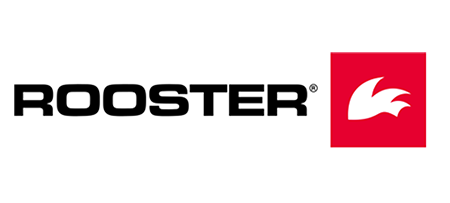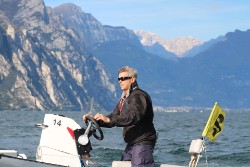
Welcome to the International Class Association website for the RS Aero. Here you will find all there is to know about the RS Aero including the latest news, how to register your boat, and links to relevant documents.
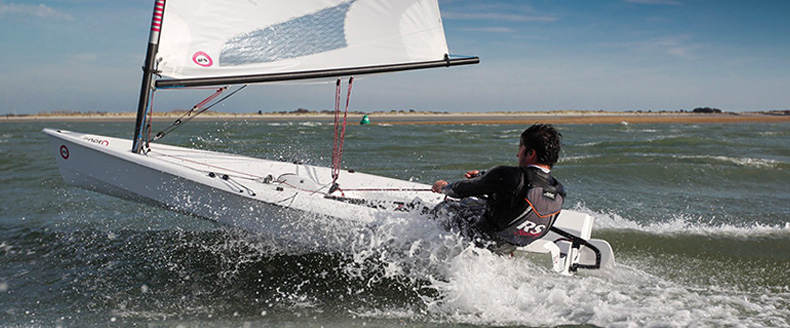
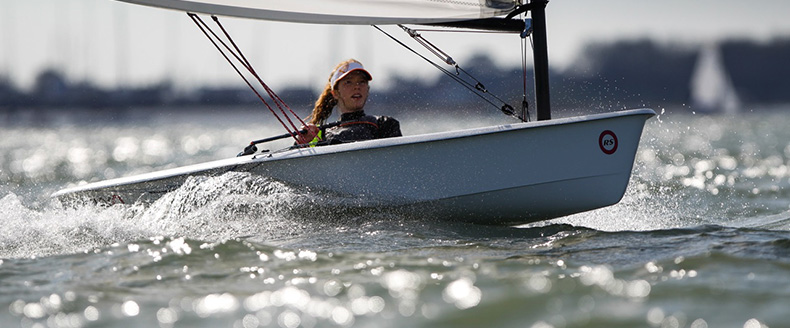
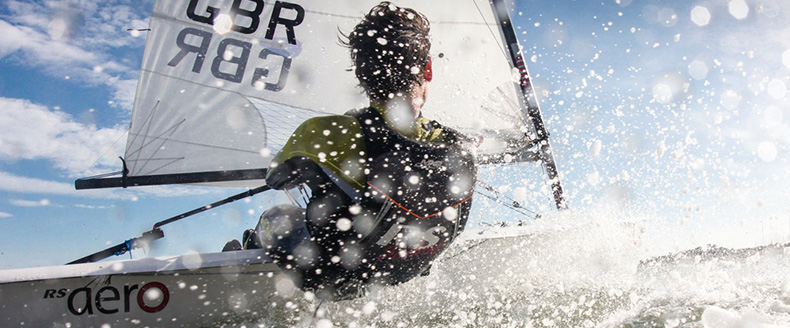
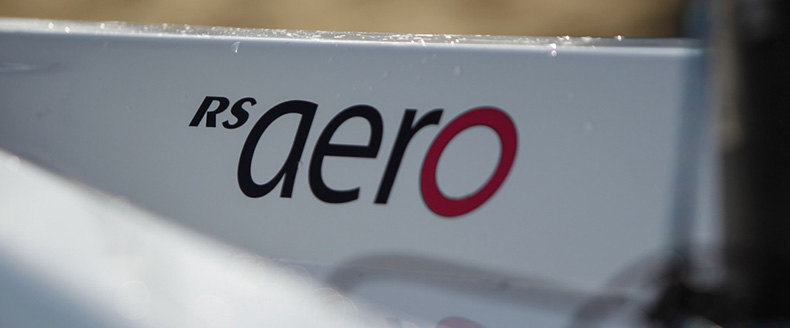
| Home >> Top Tips >> TopTip2020 #74 - Rig Selection Guide - by Nigel Rolfe, GBR |
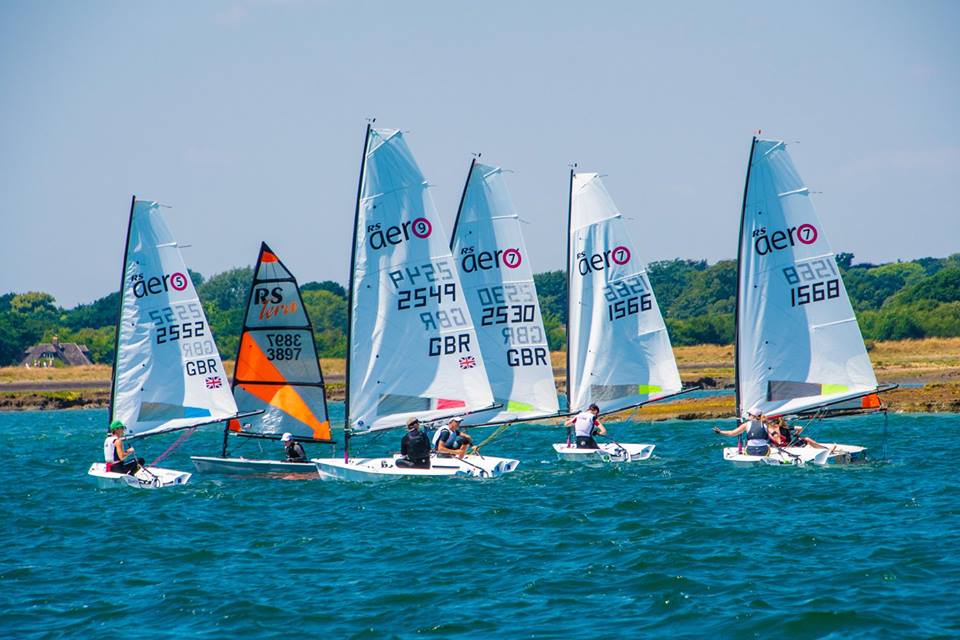 TopTips 2020 #74
TopTips 2020 #74 Rig Selection Guide
by Nigel Rolfe, GBR
Nigel Rolfe produced a very helpful Rig Selection Guide for RS Aero sailors whilst Chairman of the RS Aero UK Class which he went on to update recently. The RS Aero's three rig options provide the Class with excellent flexibility and a good understanding of it is very worthwhile, especially when you are starting out in the Class.
' RS Aero Rig Selection Guide
The RS Aeros Class has enjoyed a huge number of events and sailing over 6 years now, enabling extra clarity through experience and understanding gained with the three RS Aero rigs. The guide provides a really handy summary if you are ever unsure.
Most keen RS Aero racers will opt to own two rigs, enabling the benefit of choice when they travel to an event and ensuring that less good sailing days are lost due to particularly strong or light winds. Having that flexibility of choice ensures;
- More fun - the right sail size for the current conditions
- More participation - travelling to marginal events and both starting and finishing races
- More safety - leaving more safety boat resource for other classes who don't have the options
Main Factors (see the attached chart)
It is important to remember that rig choice is not just a function of sailor weight and wind strength alone though.
These are the other main parameters, hence they are included as adjustments to be made within the main chart;
- Fitness - Larger rigs require more effort, but that can also be rewarding!
- Ability - Start smaller whilst you accumulate skills
- Sea State - Waves add to exertion and make boat handling more difficult
Other Key Factors to consider are;
- Change - How might conditions change over the day or over several days for a long event?
- Duration -How long will a day's sailing be?
- Exposure - How far and how easy is to return to shore from the sailing area?
- Attitude - Do you want a challenging physical sail or an easier time afloat?
- Group - What are others opting for?
Remember this is only a guide....some trial by testing can be a fun and rewarding challenge too! '
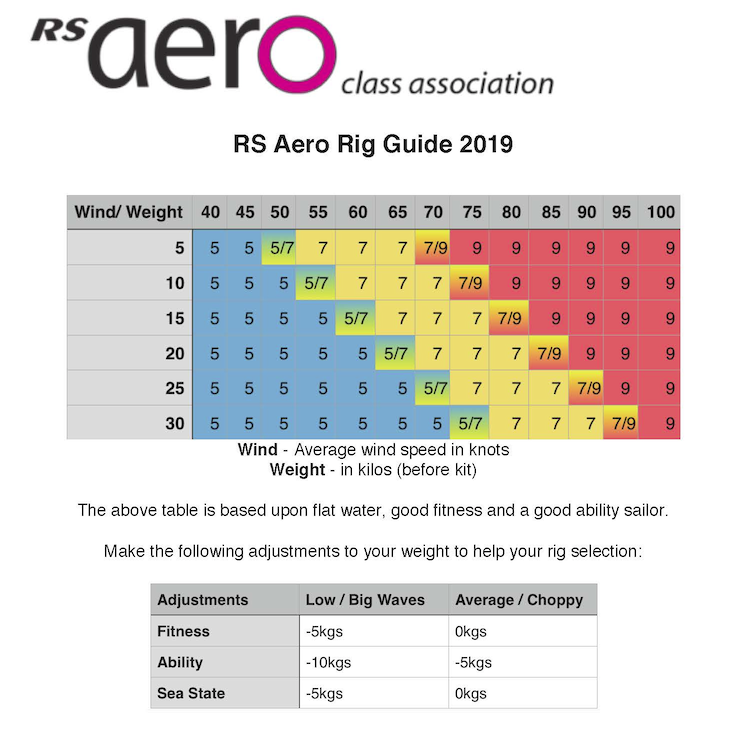
Reply
03/07/2020 18:27:00
Peter Barton
Posts: 4664


